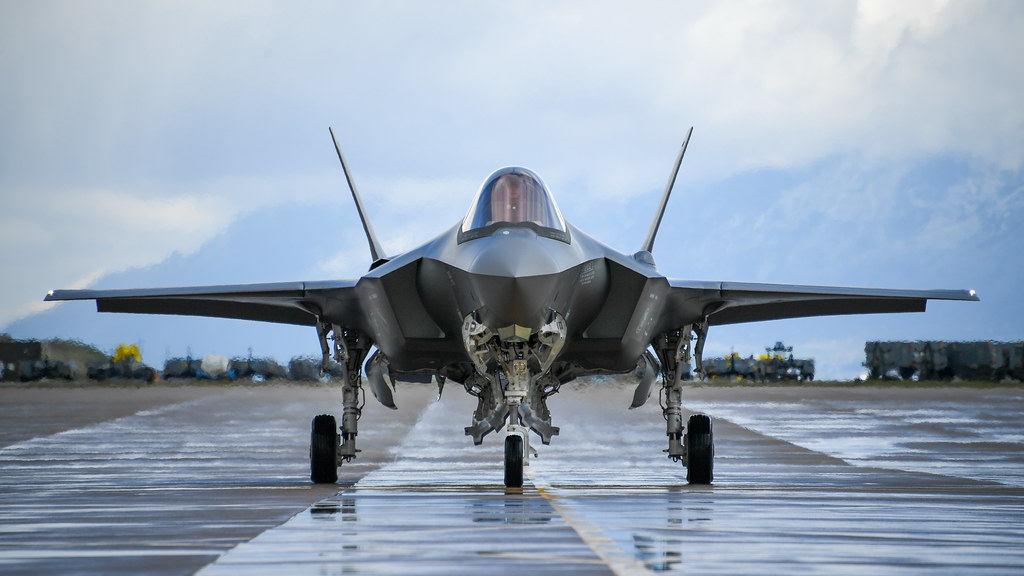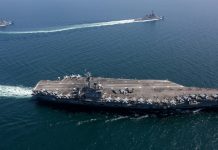
Within an exclusive consortium, Japan finds itself in a distinguished position alongside South Korea, the United States, and Italy, being among the select few nations that have procured two distinct variants of the 5th generation American fighter aircraft. As we approach the conclusion of August 2023, Japan has reaffirmed its commitment to these advanced aviation systems by making the decision to acquire an additional fifteen Lockheed-Martin F-35 Lightning II aircraft for the Japan Air Self-Defense Force.
A noteworthy constitutional idiosyncrasy within Japan, which is unlikely to undergo significant transformation in the near future, remains resolute, even as Japan’s defense posture is expected to gradually shift towards greater offensive capabilities.
The acquisition of these fifteen advanced 5th-generation fighter jets serves a dual purpose. It not only addresses the issue of an aging fighter fleet in Japan but also responds to the geopolitical considerations originating from Tokyo.
Japan is strategically situated between two nations with historically strained relations. To the west lies the formidable superpower, China, known for its assertive expansionist tendencies. To the north, Russia exerts its influence over regional powers in Asia, despite its actual capacity to do so remaining questionable both on paper and in reality.
Currently, Moscow’s influence in Asia appears considerably reduced compared to its historical prominence. However, the Chinese and Russian air forces continue to make independent and potentially provocative incursions into Japanese sovereign airspace, a development that is causing alarm in Tokyo. The Japanese Air Defense Identification Zone (ADIZ) is witnessing an increasing number of such incursions from both countries.
In response to these foreign activities, Tokyo is contemplating the deployment of Lockheed-Martin’s F-35 Lightning II, an advanced stealth multirole fighter. This move could serve as a robust deterrent to the escalating international tensions in the region.
There is growing anticipation regarding the impending approval from the Biden administration, which is not a surprising development. Japan, like nations such as France and the United Kingdom, enjoys a close alliance with the United States. It is rare for such a partner to face rejection, especially when considering a contract for the F-35 Lightning II, a deal that could potentially generate close to US$1.6 billion.




